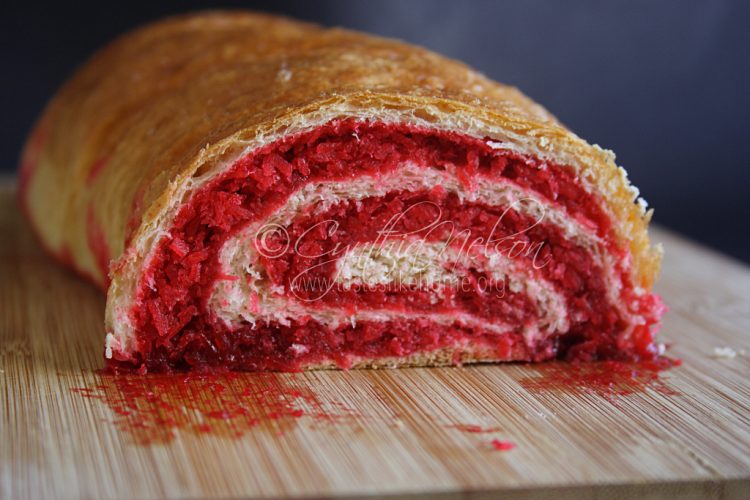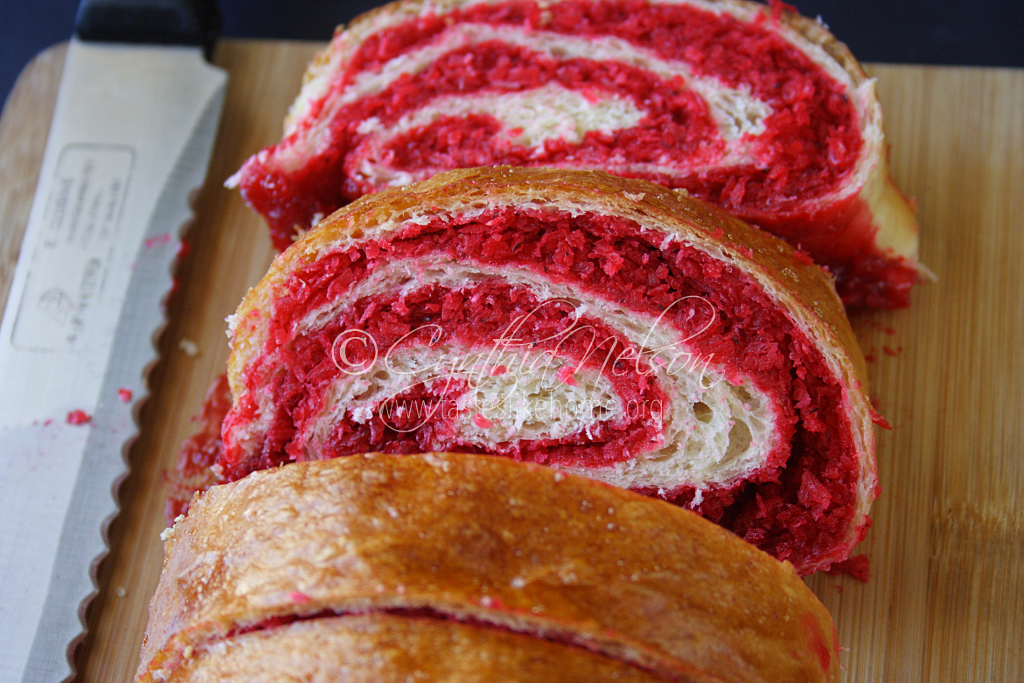
There is worldwide disruption to distribution channels due to the pandemic and it is not simply a matter of distribution but also production. Add to this disruption the blockage of the Suez Canal in March by a mammoth cargo ship and you will understand why we are still feeling the effects of not having available certain everyday items, and when they are available, the increased cost. We’ve all been advised, the world over, that the cost for everything is going to go up due to shortages, disruptions and the cost of production. Here in Barbados, about 3 weeks ago, Minister in the Ministry of Foreign Affairs and Foreign Trade Sandra Husbands said that Barbados will up its trade and food imports within the region to ensure food security. Perhaps I am becoming cynical as I age; I smirked and shook my head. It had to take a pandemic to consider this. My cynicism does not stop there, because I have heard many regional government officials say the same thing or speak in a similar vein but for most part, it’s been political rhetoric. After those clips on the news, nothing happens.

My inability to have Salara is tied up in this supply disruption. Some friends and I were talking about the Guyanese treats that we like, miss, and enjoy, then we decided that last weekend, we were going to make Salara. Lo and behold, 3 of us, separately, searched the length and breadth of this island – supermarkets, minimarts, village shops, convenience stories, looking for red food colouring. A supplier contact told us that there was none on the island citing supply issues. We found lots of green and black food colouring though. The male among us said, “But you all can still make the Salara though, it is about the taste, not the colour.” The looks of scorn that fella got, I tell you.
The following day, I was recounting to a friend in Guyana, the woes of not being able to find red food colouring to make Salara. You know the response I got? Photographs via WhatsApp of freshly baked Salara he had bought. In one of them he pried open the swirl of the Salara to show me the sweet, red, coconut filling. I tell you; the things people say and do when they know that they are physically distant so that your hand or some implement cannot connect with them. And then as if to rub salt into the wound, he said, “Girl, use the green food colouring, the colour doesn’t matter, it’s the taste!” What is it these guys are not getting about the importance of the colour? Sigh.
Of course it is about the taste, and while colour matters very much in the cooking and making of many things – it speaks of doneness, flavour and texture – in the case of Salara, strictly speaking, it would not matter, but that was not the point. My girlfriend and I wanted the red food colouring because having the coconut filling red, bright red, dark red or anywhere along the red colour band, meant that it was Salara. We eat with our eyes and no matter how well spiced, moist and delicious that green-coloured coconut filling would be, psychologically, it would not be the same. We’d probably think that it is like Salara but not quite Salara.
Disruptions and shortages can be constructive and instructive. They offer opportunities to adapt, try new things, explore, and to turn the gaze inward and closer around you. In the case of my friend and I making Salara, we are going to use the juice of local beets to colour the coconut.
When I think of the region and the many things we make and produce in these parts, it is heartbreaking to know that we do not have ready access to them. I know that my thinking may be simple but I would like to go into a store or online and be able to buy locally grown and manufactured products from across the region, and I do not only mean the English-speaking Caribbean. I don’t want to have to wait until someone is travelling from somewhere to bring it for me or wait until I am going somewhere to have access. And right now, no one is travelling anywhere. This pandemic, while devastating in many ways to our economies, education, cultural practices and everyday norms, also points to ways for us to change, for the better; to improve systems, create avenues and seek ways to be sustainable and self-sufficient.
My hope and my wish is that we, as individuals, countries, and as a region use this opportunity to act – create, innovate, implement.
Cynthia
cynthia@tasteslikehome.org






